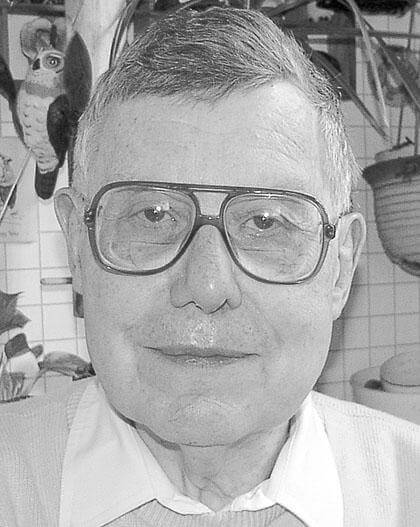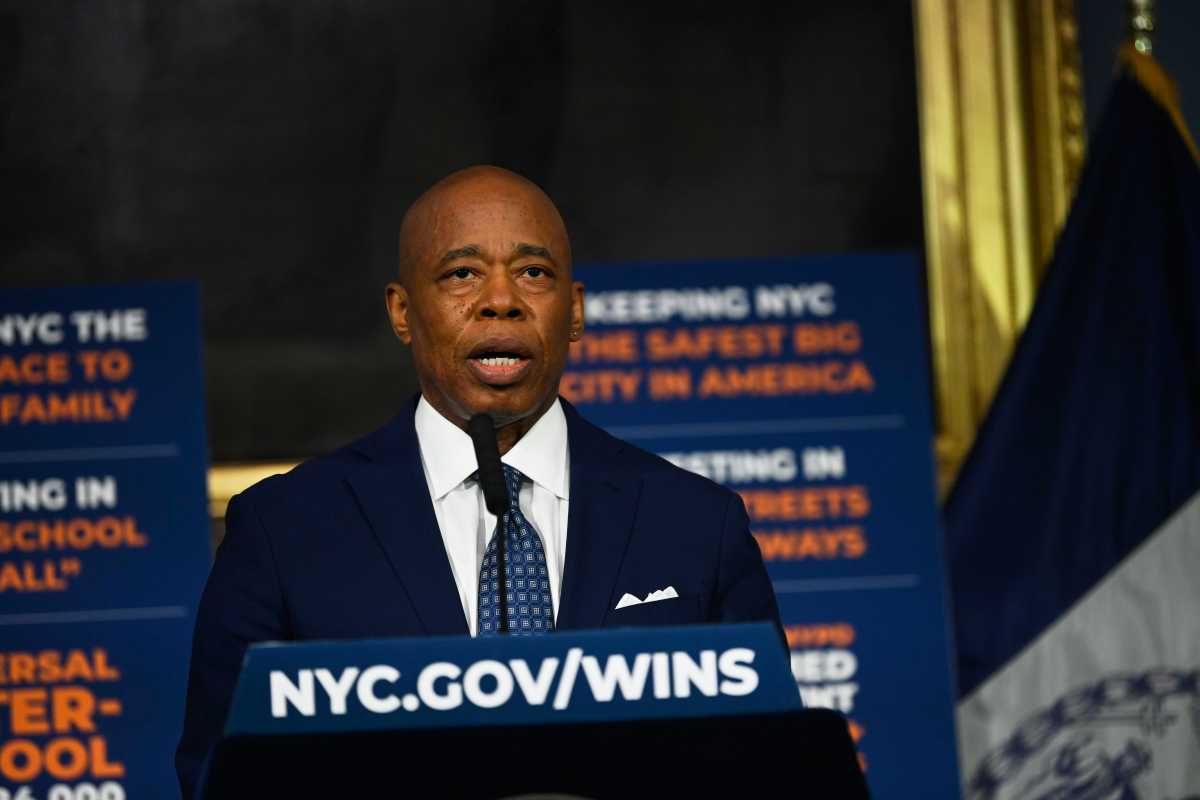By Kenneth Kowald
Earlier this year, in my series about the chaos in the state Senate, I mentioned I had served on a mayoral commission studying the health care delivery system in New York City. I was working for a major corporation, but it was felt that my service on this commission was important to the welfare of the city in which we operated. I was permitted to take many hours out of my working schedule to devote time to the people’s business. There was no honorarium or perk related to this position. The company I worked for expected me to fulfill all my work obligations.
While I was a member of the city commission, a crisis was brewing in the health care system in the matter of malpractice insurance costs for physicians. The state government decided that one way to help control the situation was to establish a body, known as the New York State Board for Professional Medical Conduct, on which physicians and public members would serve, to judge the fitness of doctors in the state to continue to practice their profession.
The board was established during the administration of former Gov. Hugh Carey and I was one of the first members named. At the time, I was the only public member from Queens. Again, my corporation felt this public service was important enough for me to join the board, even though it might mean a good deal of time away from work. Most of the time, I served on various panels in New York City, but in the early days, at least, I was called out of town frequently to sit in judgment on cases. Again, I was expected to fulfill all my business obligations.
At the outset, panels consisted of three doctors and two public members. Over the years, the pattern became two doctors and one public member. Our votes were equal and we were equally compensated. For many years now the doctors and the public members received $150 for a day’s work, which officially ran from 10 a.m. to 4 p.m., but could go longer. They received no compensation for the considerable amount of time they spent reading the documents sent to them in advance of hearings.
The members received transportation reimbursement, but no money for food unless an overnight stay was needed, in which case they could charge for dinner and breakfast. State rates were paid for the room and meals in those cases.
Many of the doctors I have served with have been full-time working professionals and acknowledged leaders in their various fields. It has been a pleasure to work with them and to observe how diligent these men and women have been in working to protect the health interests of New Yorkers. The amount of material they have to read and absorb and the time and commitment they make is extraordinary. They are unsung heroes and heroines in every sense of the word.
The employees of the state Department of Health who assist the board have been outstanding in their commitment to the welfare of the citizens of the state.
Next: When a lie is not challenged.



































